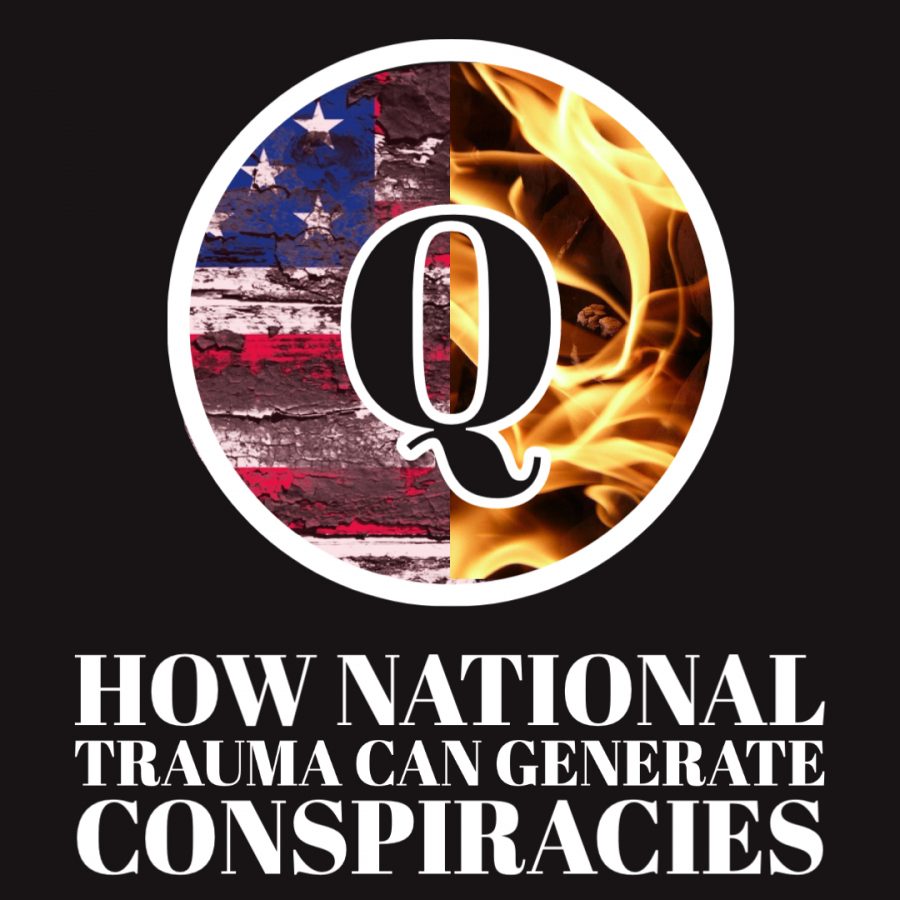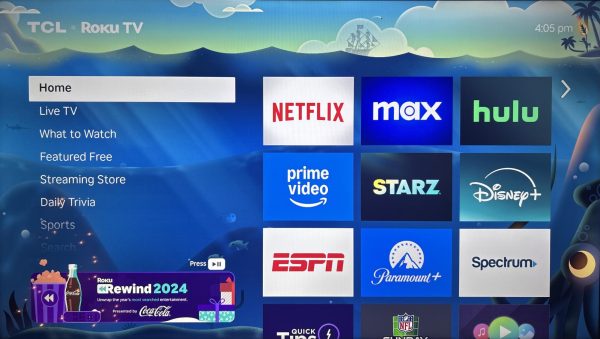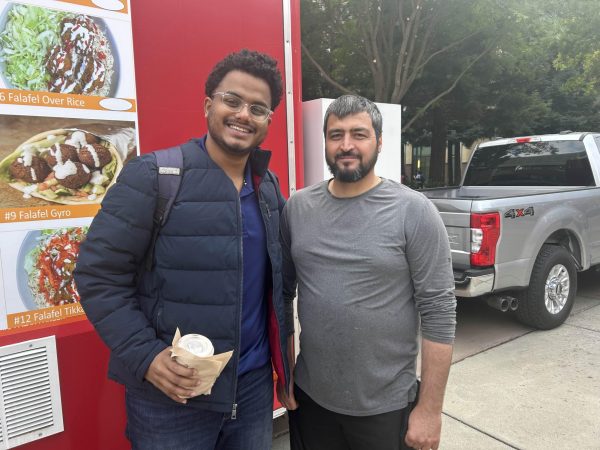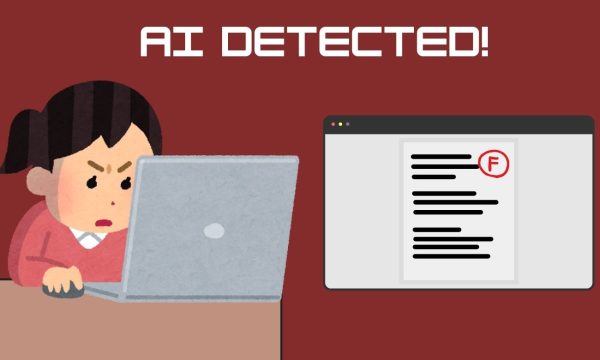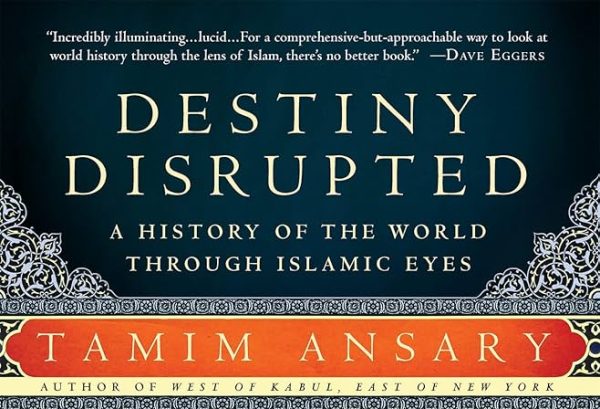How national trauma endorses theories, not facts
QAnon’s online presence highlights the need to increase education of critical thinking skills. In this vulnerable time, society needs the benefit of both mental health care and public discourse. From “Plandemic” to staged school shootings, conspiracy theories express a basic human need to reinforce security.
Conspiracy theories often show a need for control in a confusing world. Last year, Brielle A. Marino, who has a doctorate in clinical psychology, discussed in Psychology Today the symptoms of mental diagnoses that tend to foster such beliefs. The most common symptoms, delusion and paranoia, serve a basic need to foster mental security. But, we must note that not everyone who endorses a conspiracy theory displays symptoms of a mental diagnosis.
Similar reports have been released by the American Psychiatric Association, The Conversation, and MentalHelp.net. In the American Psychiatric Association, Dr. Richard A. Friedman mentioned that people who tend to discern a pattern in random events are more likely to endorse conspiratorial beliefs and that this kind of monological thinking is biased.
When things seem unexplainable, the mind wants to fill in gaps of missing information with anything, so long as it makes enough sense to ease confusion. This trauma transforms the mind, therefore changing perception. The nation has undergone enough trauma by now.
A 2020 article by the American Psychological Association mentioned research linking the tendency to connect unrelated stimuli to irrational beliefs. People can turn to conspiracy beliefs when psychological needs are not met.
QAnon perfectly exhibits the need for security and belonging. As noted by Friedman, they feel the comfort of populist influence on their “tribal unity.” Social media provides “fertile ground for confusion and conspiracy theories.”
Clinical psychologists Annie Hickox, Ph.D., and Ruth Ann Harpur, Ph.D., addressed the criticism of QAnon in a letter to The Guardian. Their advice was to be aware of language that could disrupt efforts to improve mental health care. Using mental illness symptoms to insult or harshly criticize anyone’s unlikeable traits stigmatizes psychiatric diagnoses.
Friedman suggested that cognitive bias alone does not explain paranoia. Conspiracy theories may have evolved from hunter-gatherer groups, where paranoia in outsiders served to protect. Shared paranoia for the sake of protection tends to involve distrust in ethnic, religious, or political groups — the outsiders.
Before 2016, Licensed Clinical Social Worker Allan Schwartz, who has a master’s in mental health and clinical social work, said on MentalHelp.net, “It’s important to fight paranoid thinking by reminding ourselves that all we have to do is vote.” Oh, if only Schwartz would have known what he was saying at the time.
But, Schwartz was right about the need for objective thinking. Marino mentioned that fostering insight helps delusional thinking. Cognitive-behavioral therapy for psychosis aims to improve analytical skills. Friedman credited research that showed higher levels of education correlated with fewer conspiracy-theory believers. This may be “because education fosters critical thinking and skepticism.”
Even the belief in something horrible can be better than having no answers, for some. As a strongly intuitive person, I myself hold skepticism to be as valuable to survival as a gut feeling. But, both tools are not equally useful for every job.
Although conspiratorial thinking is a natural response to these scary times, we need to try to understand our world more logically. Fact-checking and uncovering reliability of sources are some methods of analysis.
There usually is a grain of truth or possibility in conspiracy theories. They do happen. Remember President Richard Nixon? However, you don’t think every driver on the road is out to kill you after one accident, even though it may seem that way.
Patterns of past trauma or stress contribute to current expectations, fears, and other mechanisms of survival. I certainly recall moments of paranoia over what my friends think of me. The knee-jerk reaction to find blame for someone’s death is a familiar stage of grief.
That emotional territory isn’t foreign to us. But, your experience makes up only a small part of reality — a mystery that’s scary enough on its own.
Shae Pastrana can be reached at [email protected] and @PastranaShae on Twitter.



